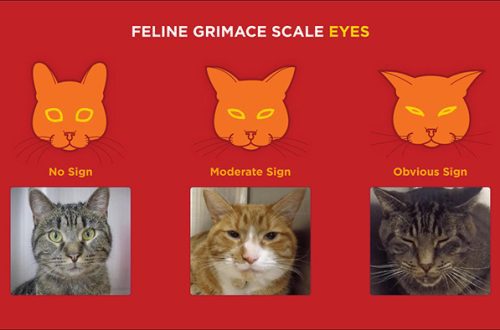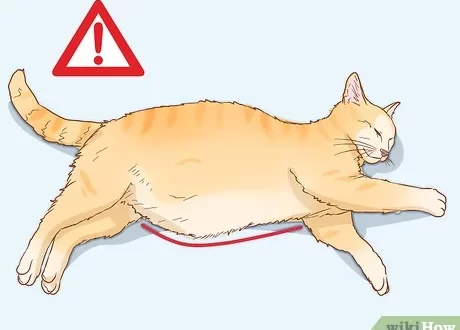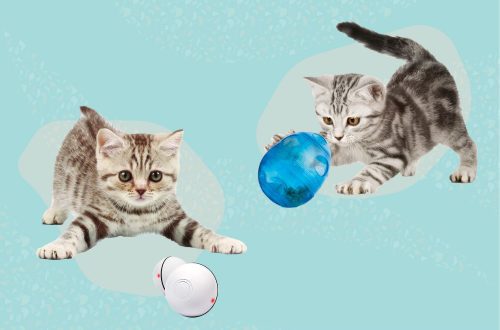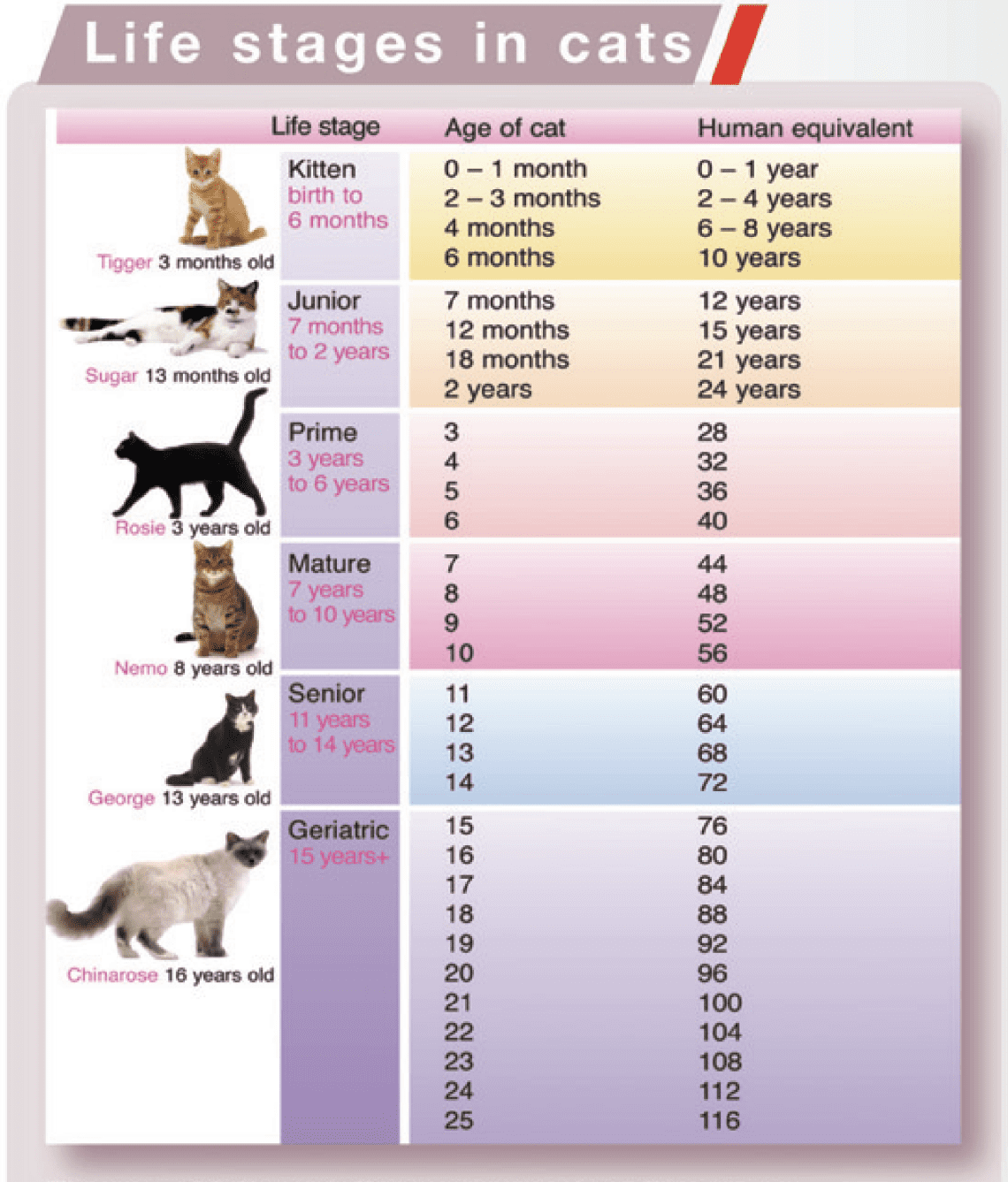
Six signs of aging in cats
Over the years of living with you, the cat has given you countless hours of love, laughter and companionship. Now that she’s getting older, it’s time to give her special care to ensure her beloved pet has a happy old age.
Signs of an aging cat
Some cats show physical signs associated with aging as early as seven years of age, while others are ten years faster than kittens. Generally, a cat is considered “senior” if it is over 11 years old.
If you are the owner of an older cat or cat, you need to watch for changes in his behavior that may indicate an underlying problem. Here are six of the most common symptoms and conditions you may notice in an older pet:
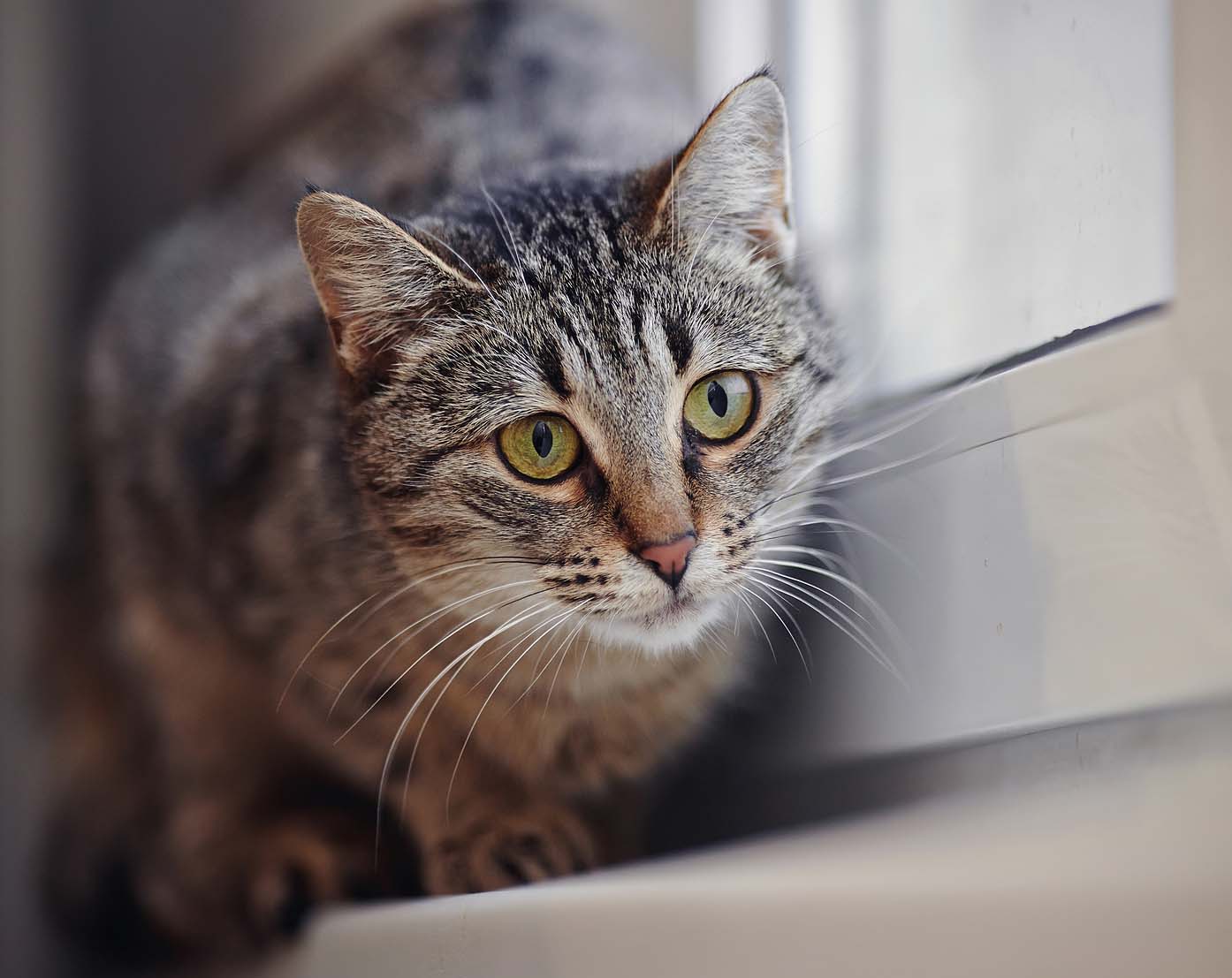
- Sleeping all the time… or not sleeping at all While it is normal for a cat to slow down as it ages, sleep disturbances can mean more serious health problems. If you notice that the cat is constantly sleeping and sleeping deeper than usual, or, conversely, has become more active at night, this may indicate age-related changes. Three Houses in Chicago also notes that an older cat or a cat that suddenly has a lot more energy may be suffering from hyperthyroidism. If you have any doubts about your pet’s general health, seek the advice of a veterinarian.
- Confusion If your cat becomes confused by normal tasks or objects she is accustomed to navigating, such as having difficulty finding her bed, she may be nearing her golden years. It can also be a sign of cognitive problems, so if you notice this behavior in your pet, you should contact your veterinarian.
- Trouble climbing stairs or jumping Arthritis is common in older cats. While she may not be limping or showing other obvious signs of joint disease, she is finding it increasingly difficult to jump into a litter box, climb stairs, or climb furniture.
- Unintentional weight loss or gain In an older cat, weight loss can be a sign of health problems ranging from heart and kidney disease to diabetes, according to the University of Illinois Department of Veterinary Medicine. Some pets’ food and energy requirements may increase as they age, and cats may lose weight faster than they make up for with food. On the other hand, as cats age, their metabolism slows down, so they don’t need as many calories as they used to. If you notice that your cat is starting to gain weight, it may be worth switching to a senior cat food that is better suited to meet her biological needs.
- Behavioral changes Does your pet have cases of involuntary urination that were not there before? Does she avoid human contact? This can be a symptom of kidney failure, but it can also be a sign that she is in pain or suffering from a mental disorder – these diseases are most common in cats of mature age. A veterinarian can help you understand your pet’s behavioral changes.
- Dull or oily coat A cat that has stopped grooming itself may experience pain due to arthritis or dental problems.
Older cats should be seen by a veterinarian every six months. But if you notice any changes in the behavior or appearance of the pet, you should not hesitate and it is better to immediately visit a veterinarian who knows all the signs of aging in cats.
Caring for your elderly pet
You can improve your cat’s quality of life as an adult
- Choose high quality senior cat food: for example, a product Senior Vitality 7+ specially formulated to improve brain function, maintain energy and vitality, healthy kidneys and bladder, a healthy digestive system and a luxurious coat.
- Give her a warm place to rest especially if she suffers from arthritis. Your cat will thank you for keeping her bed away from drafts.
- Consider free access to food and toilets: Place a litter box, water bowl, and food bowl on every floor of your home. If she’s having trouble getting into the litter box, look for a litter box with lower sides or try using an old baking sheet.
- Help her take care of herself: many people rarely brush their cats, because they do a great job on their own. But as your cat ages, combing her coat does a double job: it helps bond you emotionally and keeps your cat’s coat healthy when she’s no longer able to take care of herself.
- Keep encouraging her physical activity.
It is important to remember that aging is not a disease. AT Center for Feline Health at Cornell University note that aging is a natural process, and the body, whether human or cat, undergoes many physical changes over the years. But even if some of your pet’s diseases are not at all easy to cure, they can be controlled. Help your cat enjoy her advanced age by providing her with veterinary care and plenty of love and attention.



